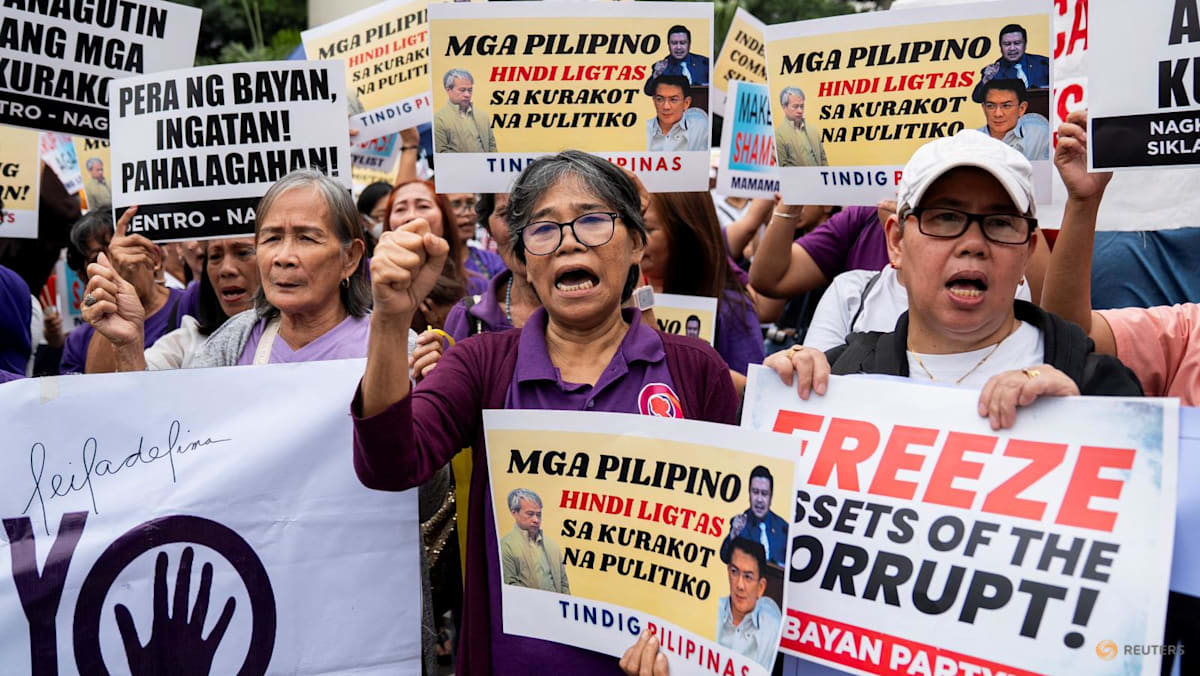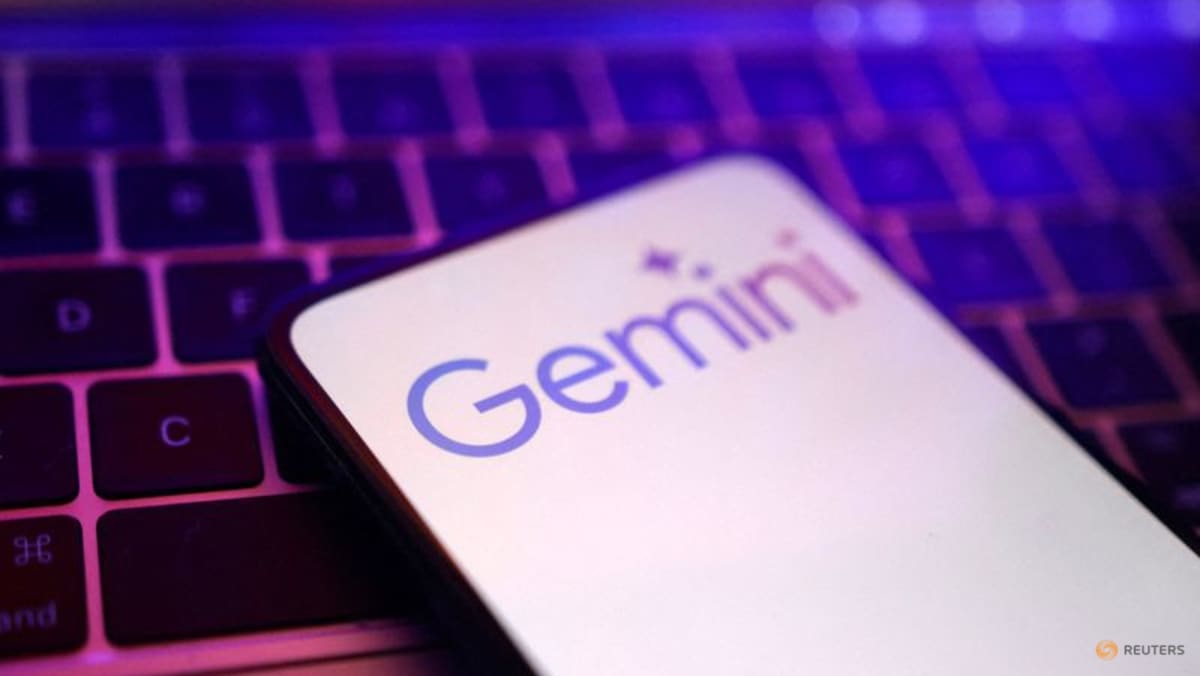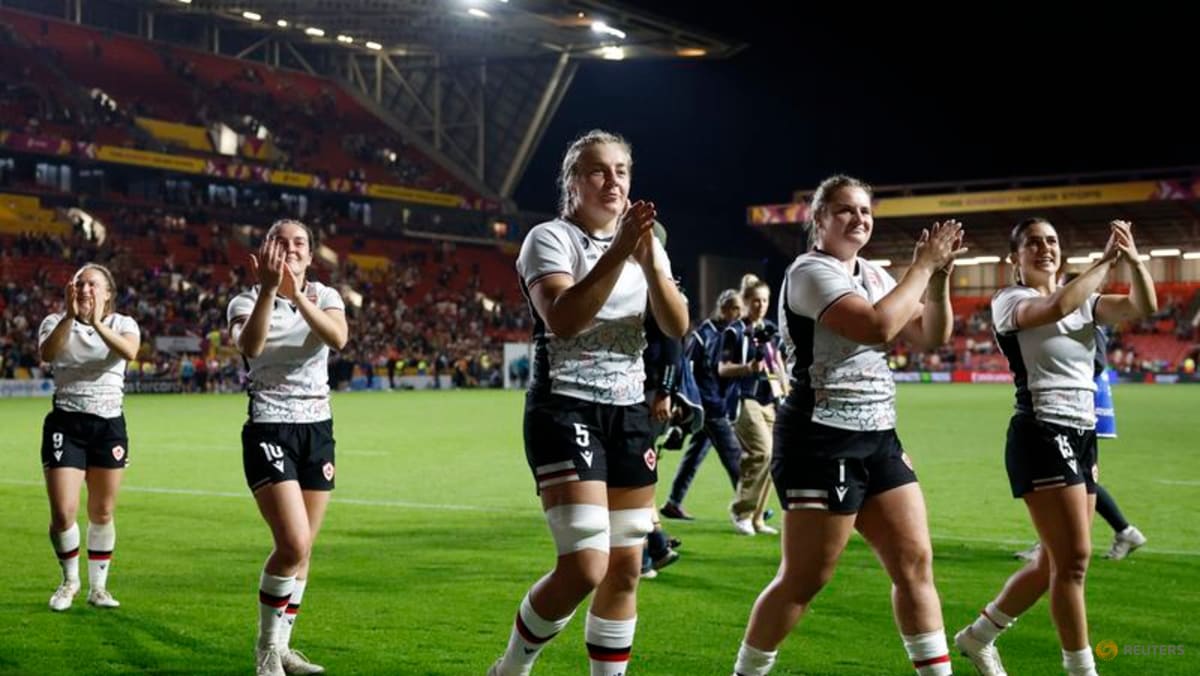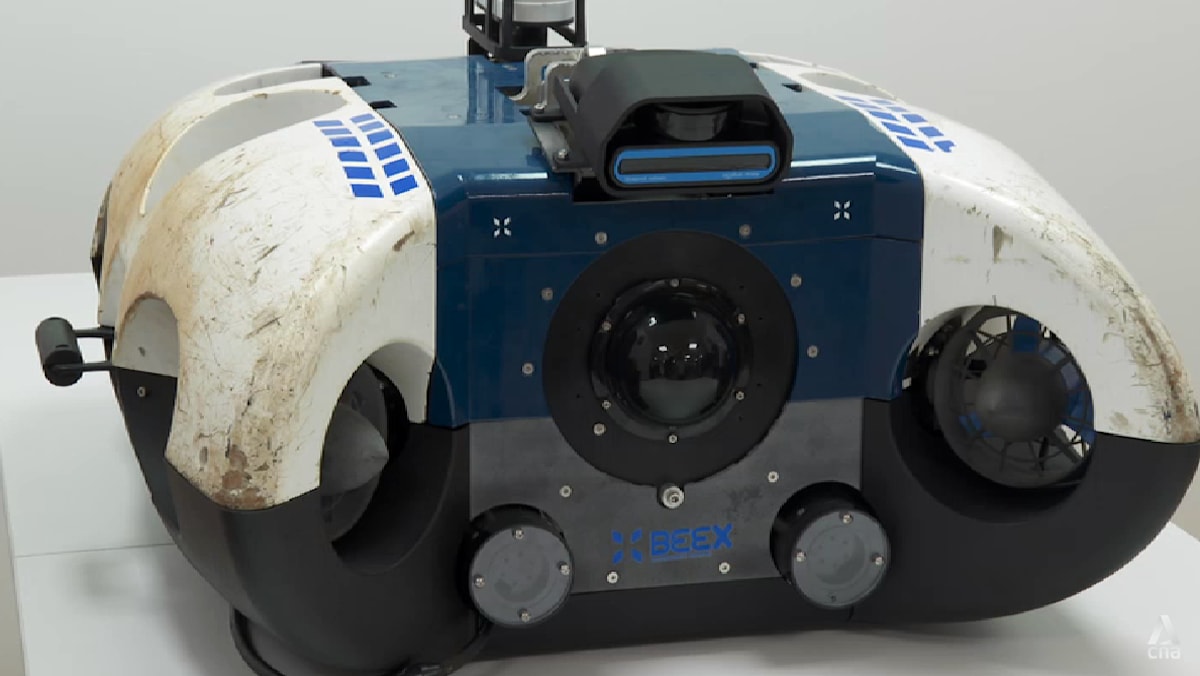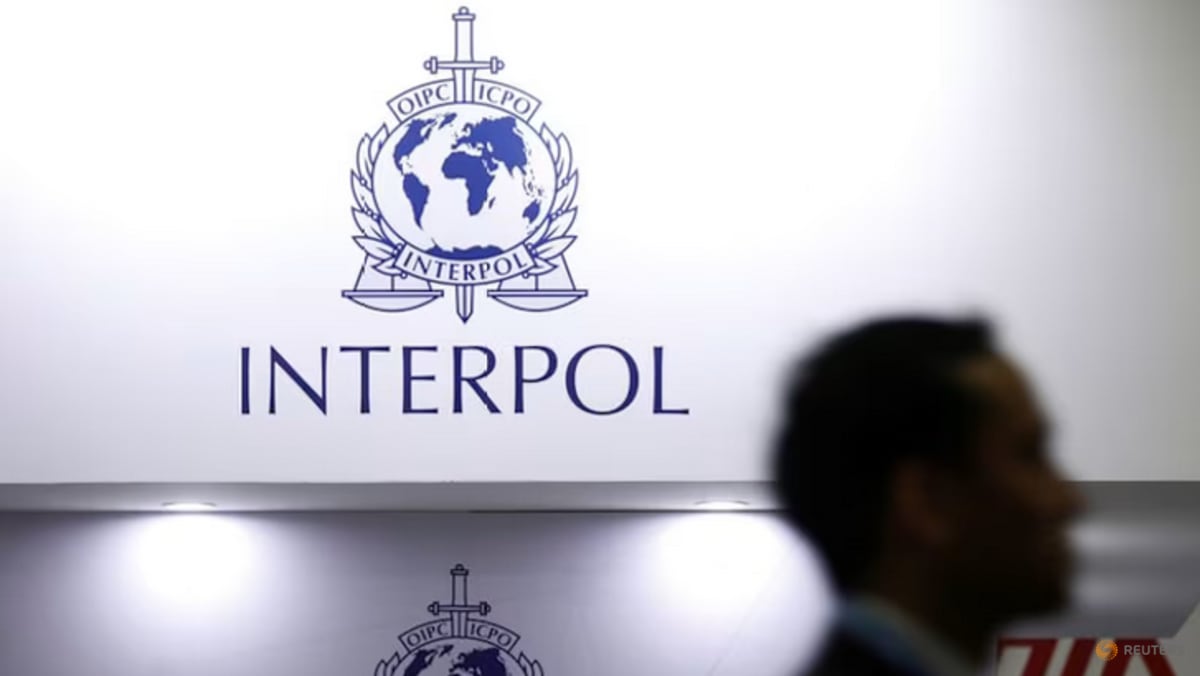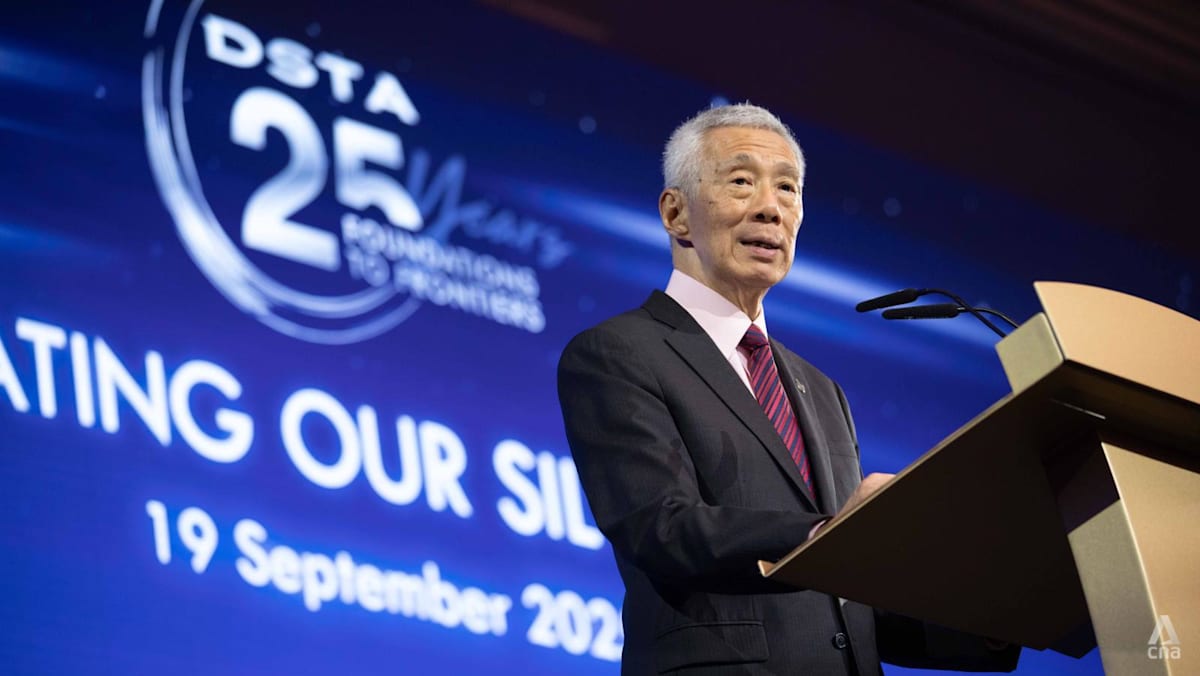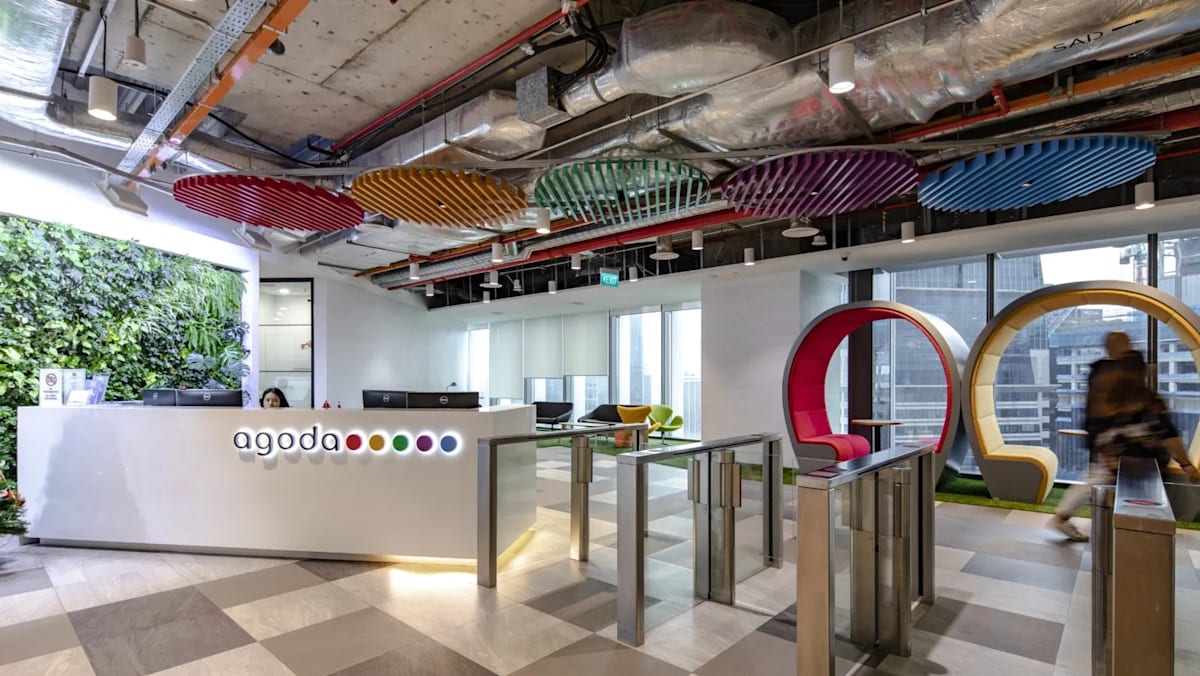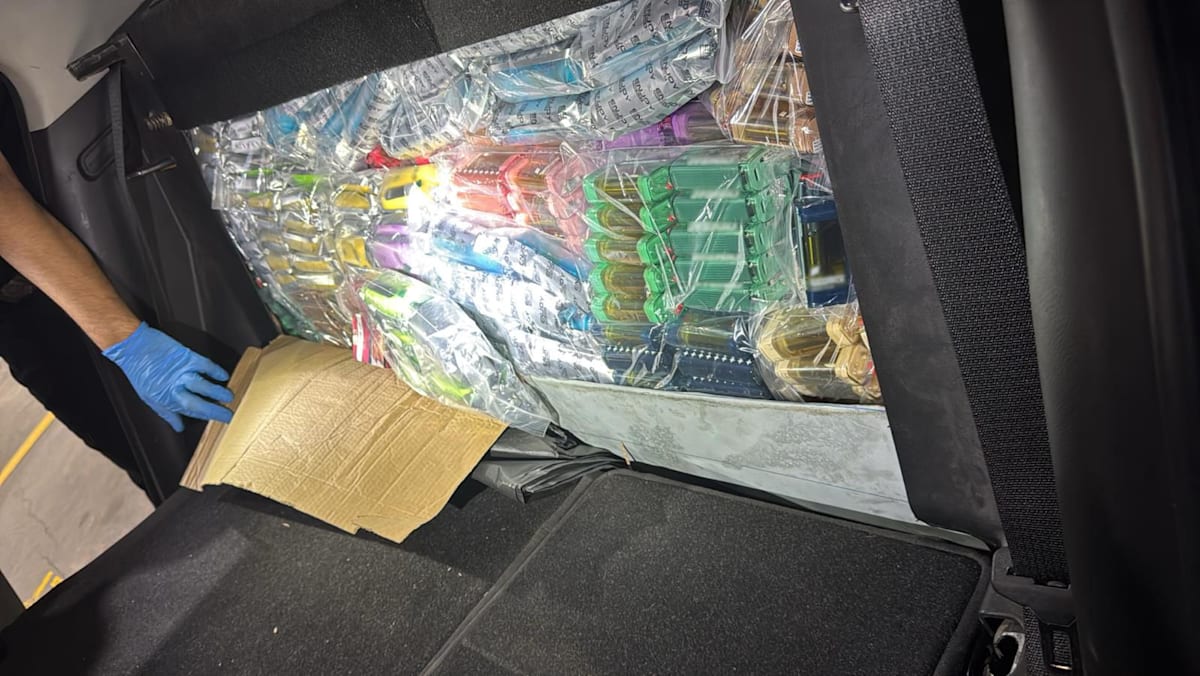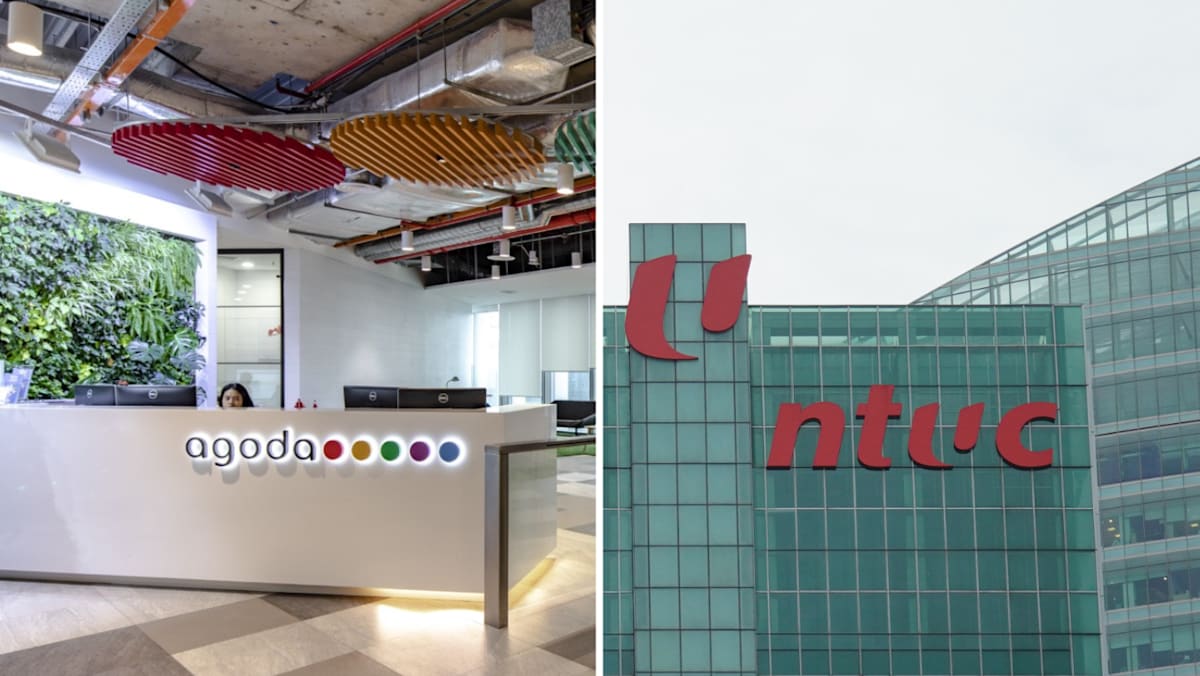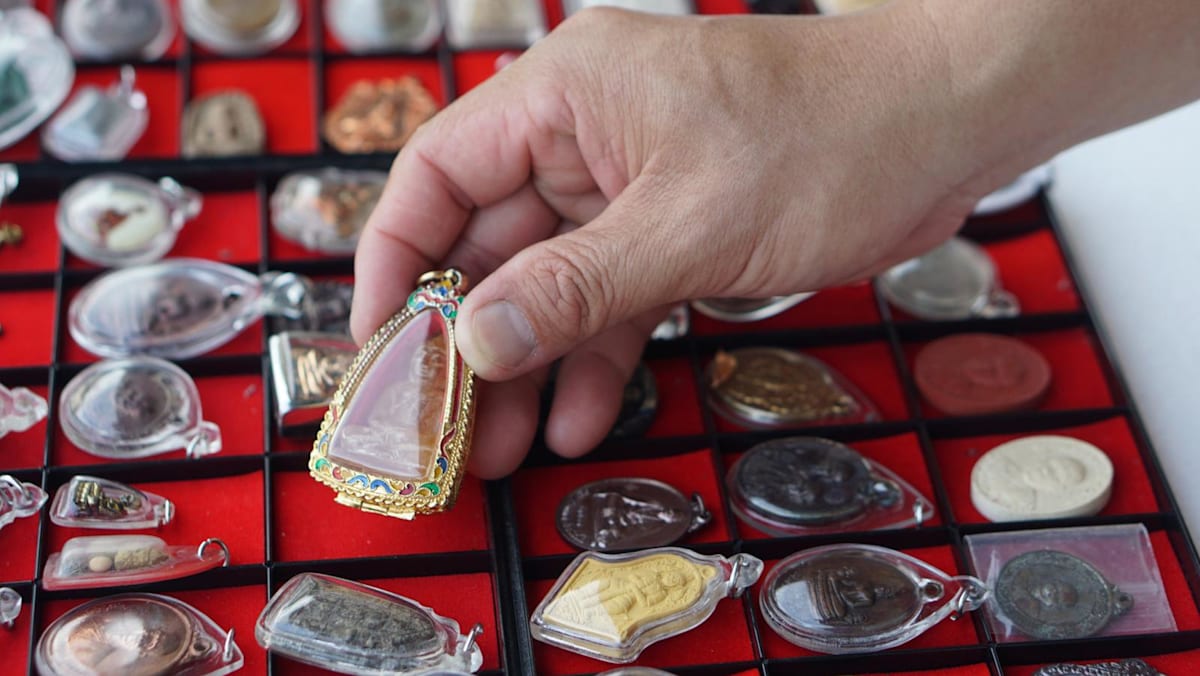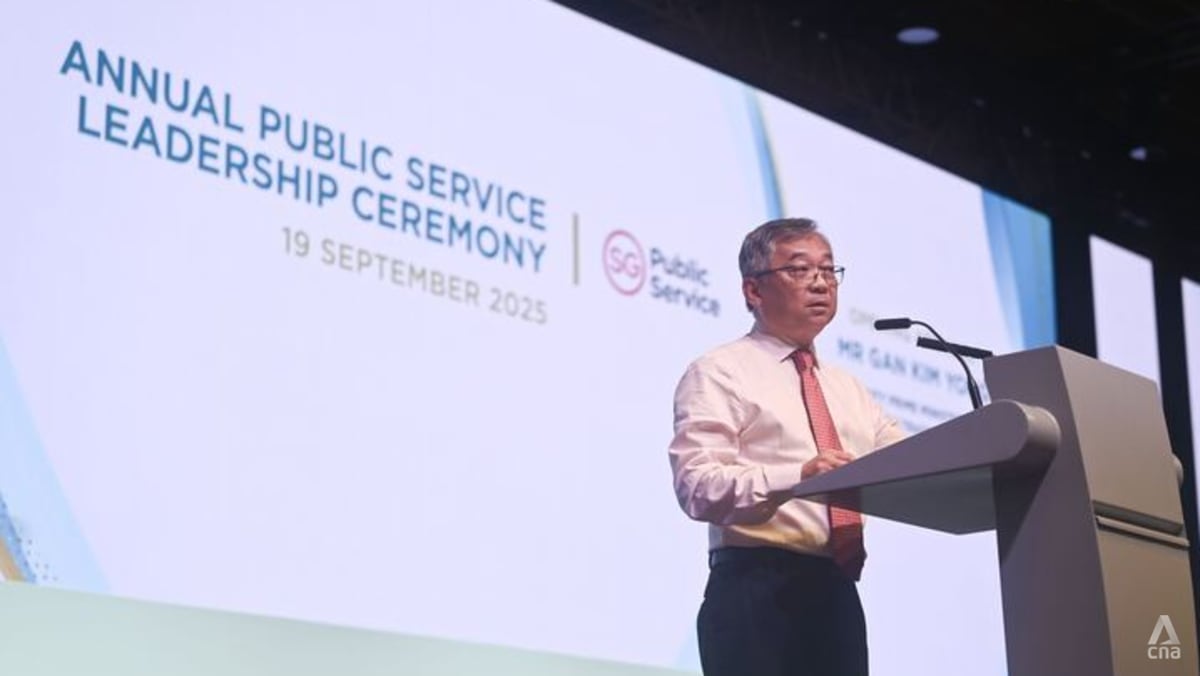Judging by the chorus of complaints on social media after every major ticket drop, it’s evident this is happening more and more frequently to more and more concertgoers.
For Lady Gaga’s four-show run in May 2025, resale tickets were listed for as much as S$30,000 on Carousell. Whether it was a serious bid for extravagant profit or some kind of joke, it reflects just how opportunistic this space has become.
At the centre of this broken system: Platforms like Ticketmaster, the world’s biggest ticketer which controls over 70 per cent of the ticketing and live events market in the US alone.
The issue is that reselling for profit is often seen as just another form of commerce. What counts as an “unfair” markup is also highly subjective. When the product or service is something non-essential, like a concert ticket, it’s easy to see why lawmakers might not treat it as a pressing concern.
Nevertheless, some countries are taking a firmer stance – for instance, Japan has made it illegal to resell tickets for concerts and sports events above face value.
It’s a model Singapore could consider, but enforcement remains tricky, especially in an era where more and more transactions are taking place on loosely regulated platforms with limited oversight and digital anonymity.
A NO-SCALPING FUTURE IS POSSIBLE
Real change must start with the source: Ticketing platforms. Limiting bulk purchases, flagging bypass links and improving digital queue systems can thwart scalping more effectively and immediately than waiting on policy reforms.
